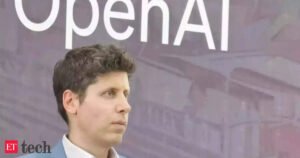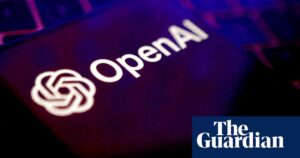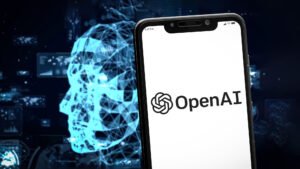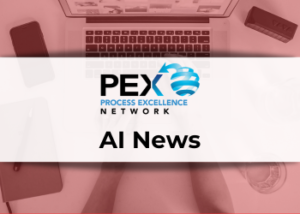Panel Considers Streamlining Pretrial Proceedings for OpenAI Copyright Cases
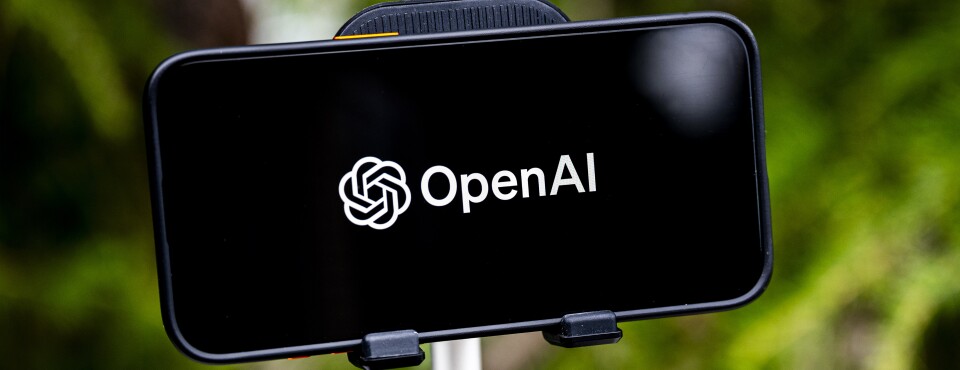
Judges Consider OpenAI’s Petition for Consolidation of Copyright Cases
Recently, a group of judges appeared receptive to OpenAI Inc.’s request to streamline various copyright lawsuits filed against the company. These cases involve multiple authors, publishers, and news organizations. The discussions took place during a hearing in Charlotte, where the Judicial Panel on Multi-District Litigation convened to assess the situation.
OpenAI’s Argument for Consolidation
During the hearing, OpenAI’s legal team put forth their argument for why consolidation of the 12 lawsuits is essential. They highlighted key reasons for this request:
Similar Factual Questions: The lawsuits share significant factual issues that need to be examined. By consolidating, the courts can handle these overlapping matters more efficiently.
- Common Witnesses: Many of the cases involve the same witnesses who would need to be deposed. This would help save time and resources, as there’s no need for repeated depositions across different cases.
Opposition to the Consolidation
In contrast, the authors and publishers participating in the legal actions voiced their disapproval of OpenAI’s petition. Their attorneys argued that the cases do not share as much overlap as OpenAI claims. The plaintiffs, which include a mix of authors, book publishers, and news organizations, presented several points against the consolidation:
Unique Legal Issues: Each lawsuit may present unique legal arguments and issues based on its specific context.
Diversity of Interests: The parties involved have different interests and stakes, which could complicate the consolidation process.
- Existing Consolidated Cases: Some lawsuits in the mix are already consolidated, making the merging of all cases a complex endeavor. The plaintiffs argue that maintaining separate cases would allow for better representation of their individual grievances.
Current Status of the Lawsuits
As the legal battles continue, the plaintiffs are pushing back against AI systems’ use of copyrighted materials in ways they believe infringe on their rights. OpenAI’s technology, particularly its language models, has drawn scrutiny for potentially utilizing copyrighted texts during training without permission.
The legal landscape surrounding artificial intelligence and copyright laws is evolving, with these lawsuits at the forefront of the debate. As more entities incorporate AI into their operations, the issues of ownership and copyright compliance are likely to grow in prominence.
Importance of the Hearing
The recent hearing signifies a crucial moment for both OpenAI and the plaintiffs involved in these copyright cases. The judges’ deliberation reflects a broader tension between innovation in AI and the protection of intellectual property rights. The outcome of this consolidation request may set important precedents for how AI technologies are regulated and how copyright laws adapt to new technological realities.
This case illustrates the complexities of navigating the legal frameworks surrounding emerging technologies. With advancements in AI continuing to develop rapidly, both creators and companies must work through the legal implications of their actions in this new digital landscape.
Overall, as the situation unfolds, stakeholders—including OpenAI and the plaintiffs—remain watchful of the judges’ decisions and the potential impact on the future of copyright and AI.

